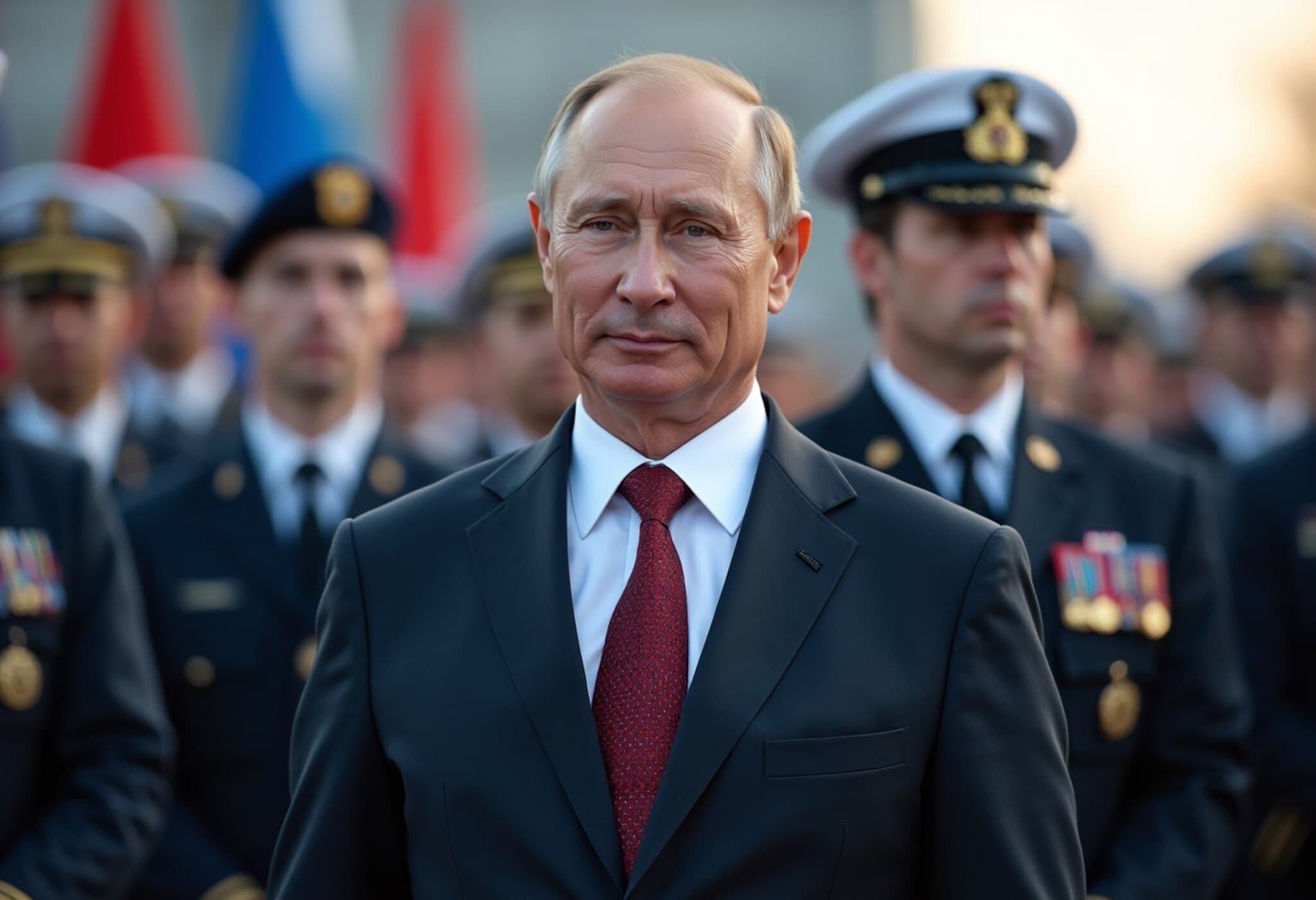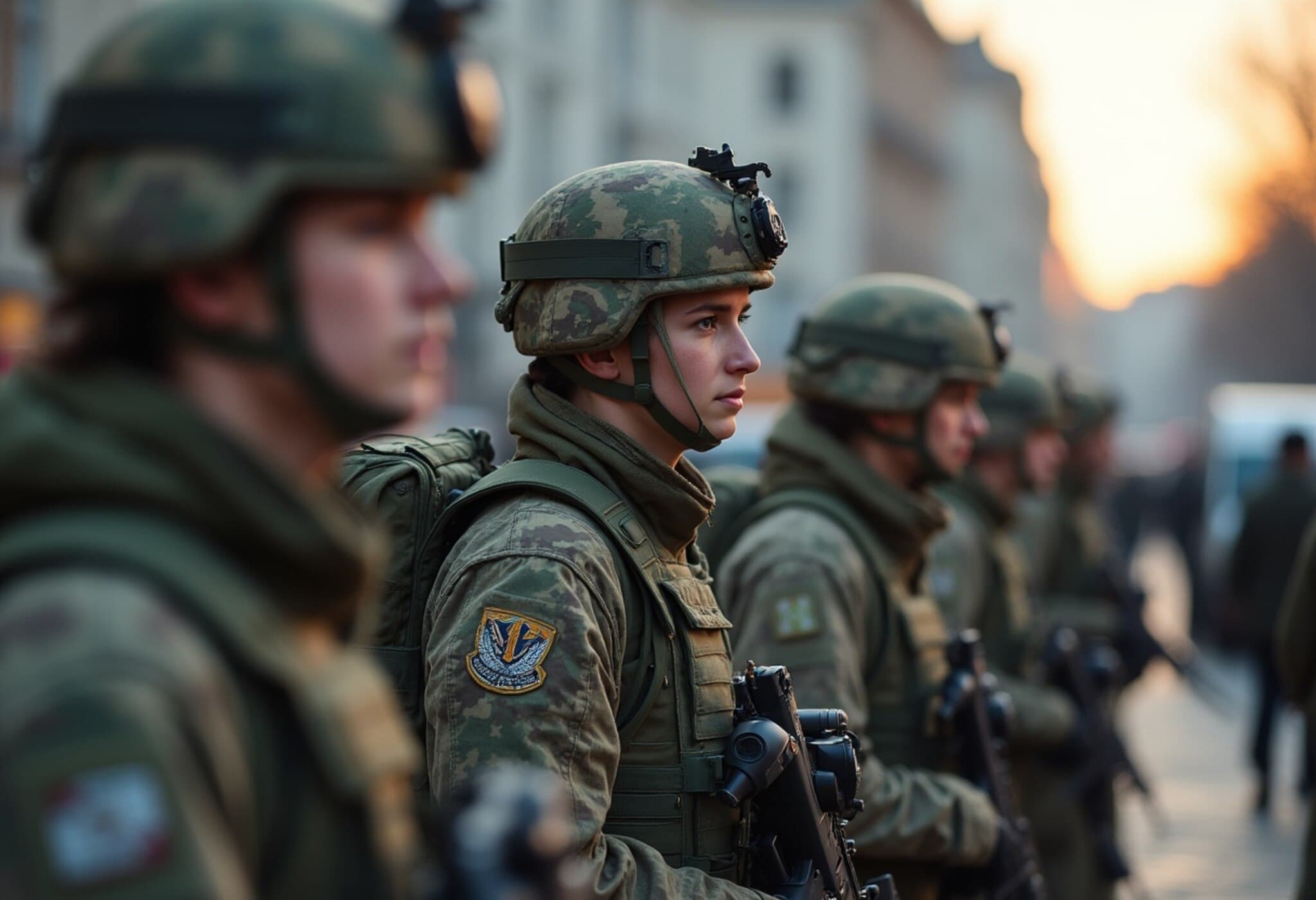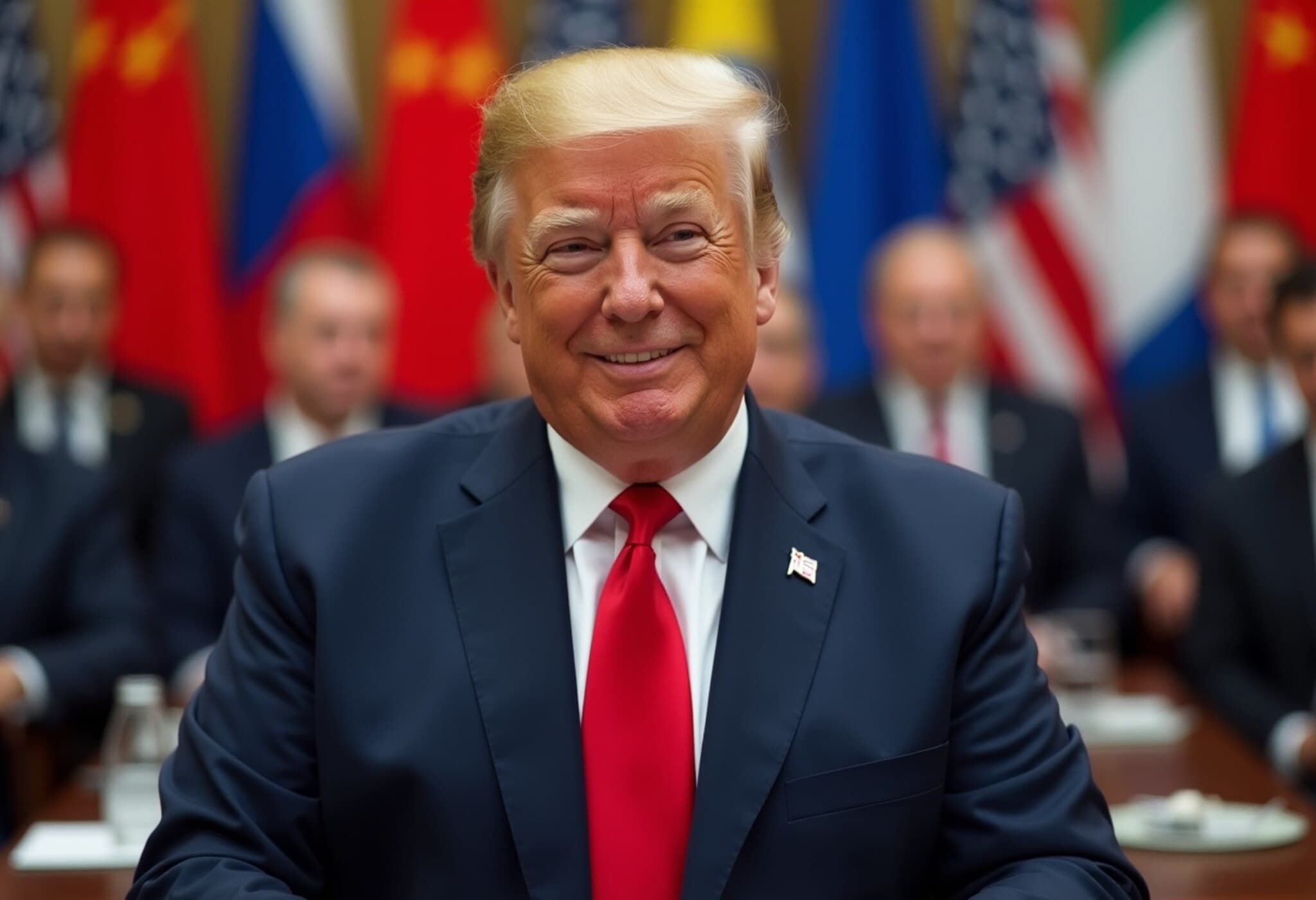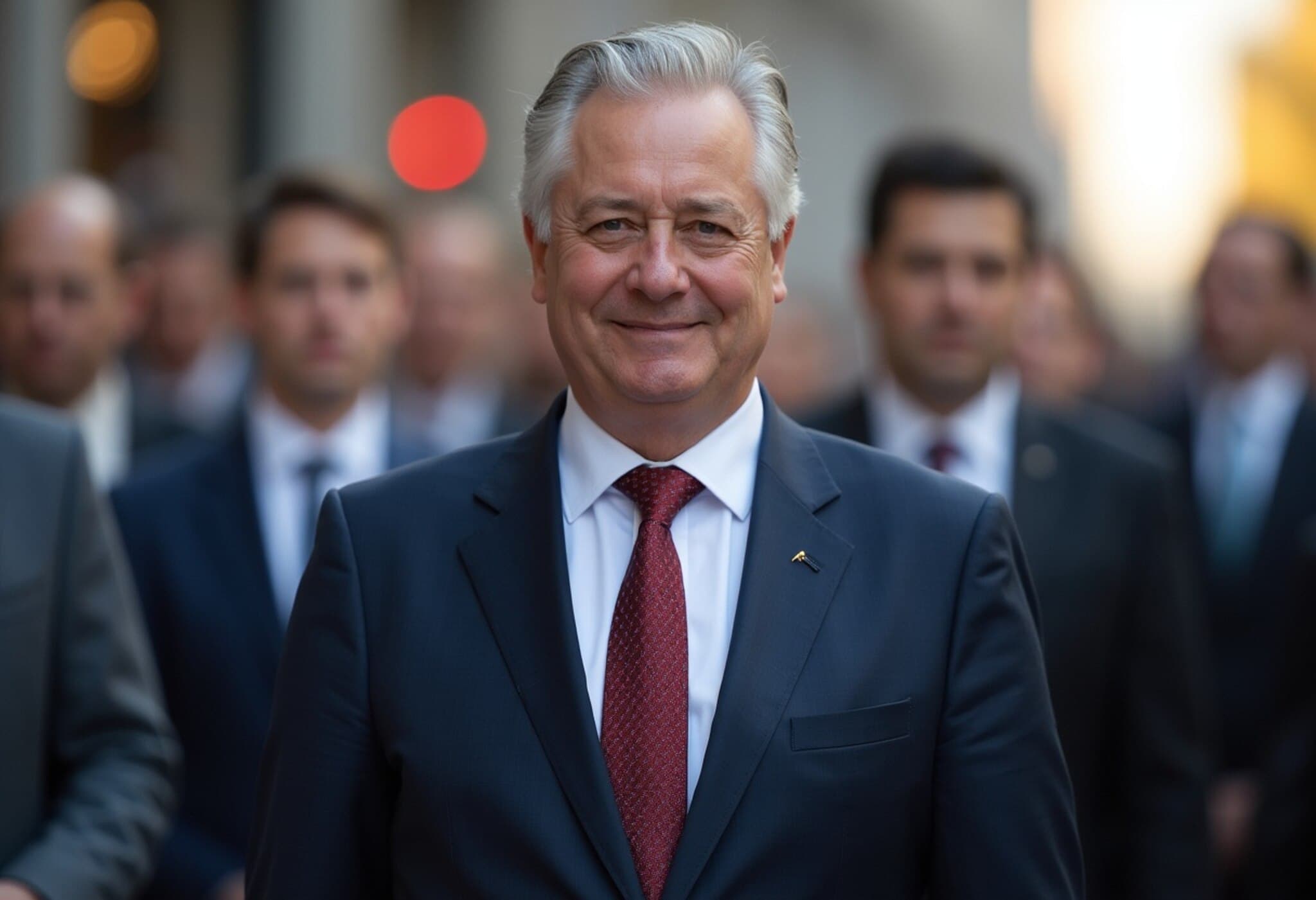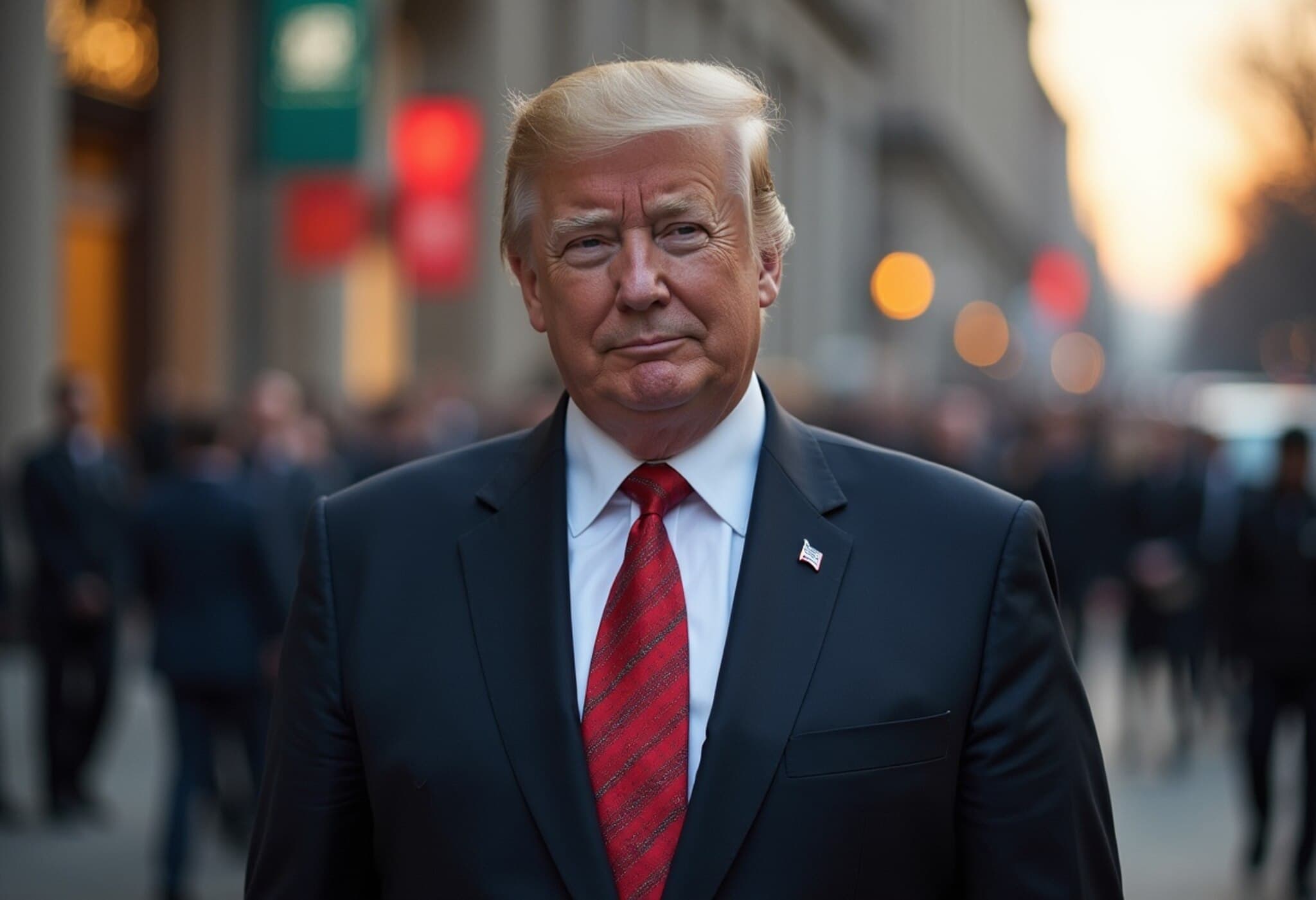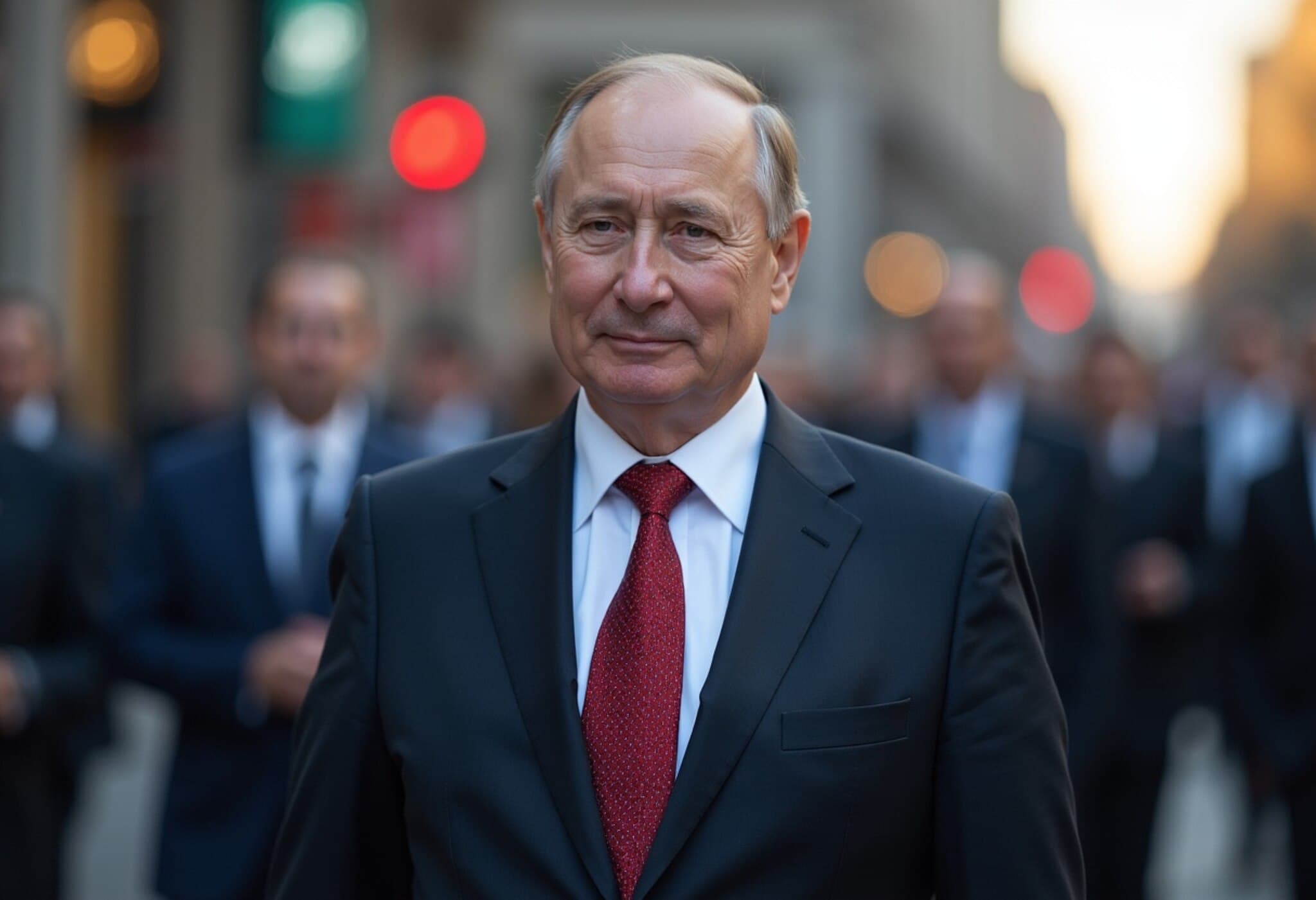Putin Celebrates Russian Navy Heroes on Navy Day
On July 27, 2025, Russian President Vladimir Putin delivered a solemn video address commemorating Navy Day, praising the valor and dedication of the Russian Navy’s sailors and officers amid ongoing military operations in Ukraine. Highlighting the sacrifices and commitment of these servicemen, Putin underscored their role in defending Russia’s sovereignty and securing its future.
Recognizing Bravery and Legacy
Putin honored over 50,000 sailors and officers who have been decorated with medals and orders, including 35 individuals awarded the prestigious title of Hero of Russia. He reflected on the Navy’s enduring legacy, tracing its roots back to Peter the Great, and emphasized how generations of naval personnel have contributed not only through military victories but also through scientific innovation, cementing Russia’s status as a formidable maritime power.
“The Navy’s culture, forged in the harsh conditions of service, embodies love for the Fatherland, courage, and brotherhood — values passed down from generation to generation,” noted Putin. His remarks highlighted the human elements of naval service — strength, honesty, and heartfelt patriotism — framing the Navy as both a symbol of national pride and a bulwark of defense.
Strategic Expansion: Modernizing the Black Sea Fleet
In tandem with celebrating past and present naval heroes, Russia is signaling an ambitious modernization of its naval capabilities, especially focusing on the strategically critical Black Sea Fleet. Nikolai Patrushev, head of Russia’s Maritime Collegium and a close Putin ally, announced plans for substantial reinforcement of the fleet in the coming years.
Patrushev revealed that the Black Sea Fleet will welcome new frigates, corvettes, aviation units, and marine robotic complexes, reflecting a concerted effort to enhance Russia’s maritime strength in this geopolitically sensitive region. This expansion aligns with Russia’s renewed naval doctrine, approved by Putin in June 2025, which aims to restore Russia’s stature as a global maritime power.
Contextual Insights: Geopolitical and Economic Dimensions
The Black Sea remains a pivotal arena for regional security, contested influence, and energy routes with broad implications for NATO, the European Union, and the United States. Russia’s modernization drive is thus not only about military might but also about projecting power to safeguard its economic interests and assert dominance in a corridor critical for commerce and energy supplies.
From a U.S. policy perspective, these developments complicate the strategic calculus in Eastern Europe and beyond. The push to upgrade naval capacities, especially robotic and aviation technologies, suggests a shift toward hybrid warfare capabilities, which calls for nuanced diplomatic engagement as well as calibrated defense preparedness among NATO allies.
Unpacking the Underreported: Human Stories and Future Challenges
While official narratives emphasize heroism and national pride, less attention is paid to the personal toll on sailors and the challenges they face amid extended deployments and evolving warfare technologies. Moreover, the international community grapples with the implications of this modernization for regional stability, maritime law, and freedom of navigation.
Furthermore, how Russia manages these advancements—balancing modernization with economic constraints imposed by sanctions and a shifting global order—remains a critical question. The success of this naval expansion will hinge not only on technological upgrades but also on sustaining morale and maintaining operational excellence in an increasingly contested maritime domain.
Editor’s Note
This annual recognition on Navy Day offers more than ceremonial homage; it provides a lens into Russia’s enduring naval ambitions amid geopolitical turbulence. As Moscow commits resources to revamp its Black Sea Fleet, the international community must closely monitor how these shifts affect regional security dynamics and broader maritime governance. Readers are encouraged to consider the human dimension behind military modernization and the layered geopolitical realities that continue to shape the Black Sea's strategic importance.

